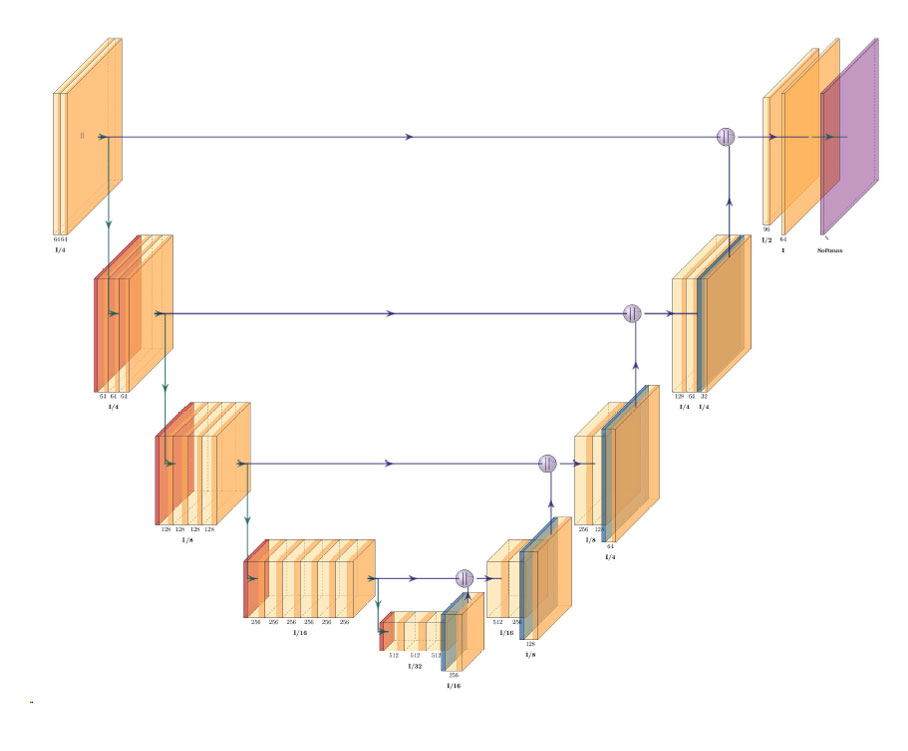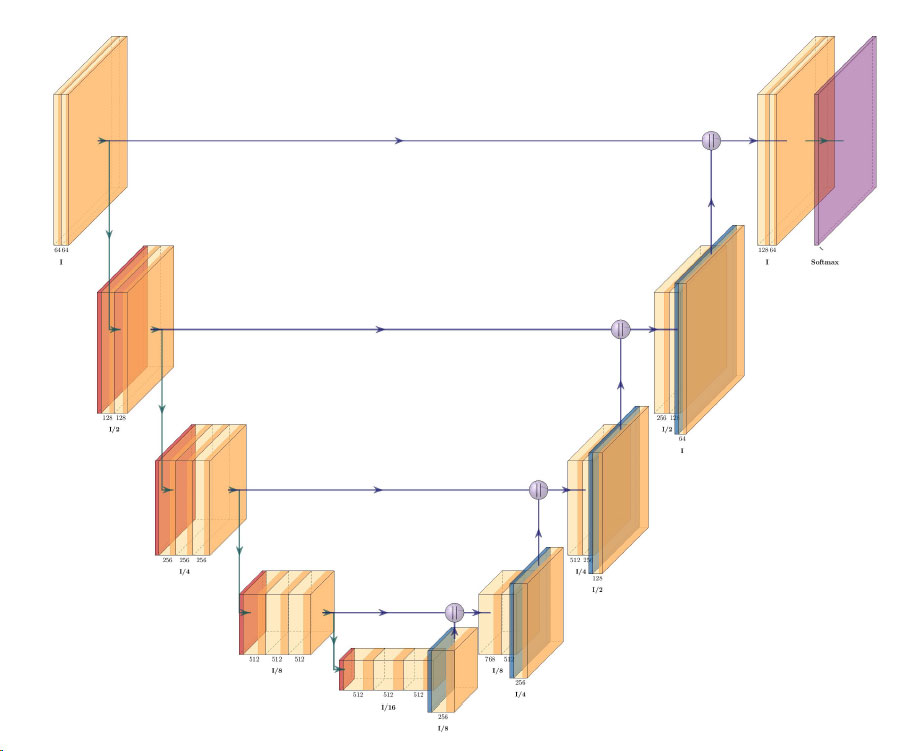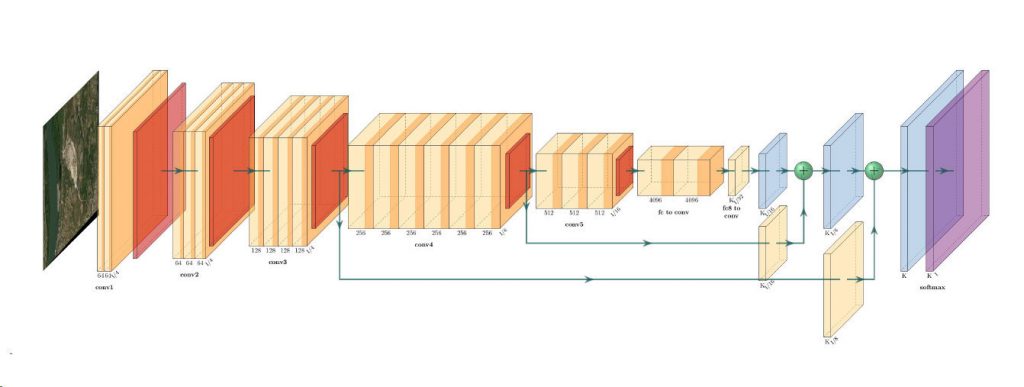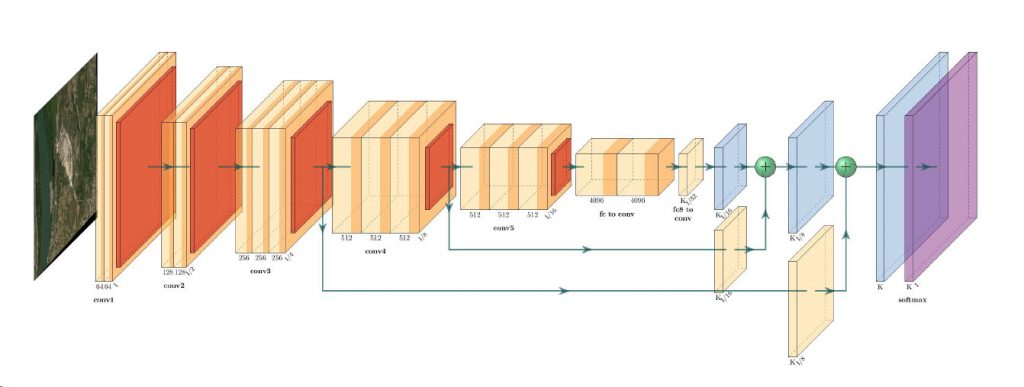Satellite Imagery For
Urban
Planning

Satellites for sustainable Growth
Enforce Regulations
Detect and confirm new structures and monitor environmental compliance
Plan New Infrastructure
Utilise advanced data to enhance the site selection process
Analyse Impact
Assess vegetation health, ground water and human activity changes
Very High Resolution satellite images offer a unique view of what lays in, on and around urban and rural settlements. It provides a cost-effective and simple method of monitoring wide areas both locally and globally, as opposed to using in situ data, and is an indispensable tool for managing the actions and events that impact urbanisation leading to urban sprawl.
A methodology to classify urban poor areas enabling improved infrastructure
Read about this and more satellite imagery applications in the Urban Planning INCITE industry report: From Urban To Rural – Enabling Sustainable Urban Planning and Development Using Satellite Imagery
Download the Latest Edition of INCITE
From Urban To Rural: Enabling Sustainable Urban Planning and Development Using Satellite Imagery
The definitive guide to acquiring and using satellite imagery in the urban planning industry.
DETAILED ANALYSIS
Very high resolution satellite imagery is clear enough to show road lines, sidewalks, vehicles, small structures and even people. This allows for precise analytics for city development. It is ideal for:
- Studying Traffic Patterns
- Crowd Management
- Small Feature Identification
- Verifying Property Lines
- Mapping Road Features
- Walkability Analysis
MATERIAL IDENTIFICATION
We offer more spectral diversity and better spatial resolution than any other satellite imagery provider – allowing you to see more of what is actually happening in your city. Multispectral imagery can assist in identifying building materials, separating organic and synthetic surfaces, analysing plant health and much more.
This has endless applications including environmental impact studies, compliance reporting and impervious surface calculations.
Ecopia GFX
By European Space Imaging
Ecopia Global Feature Extraction (GFX) Powered by European Space Imaging is a unique partnership that utilises the freshest, highest quality satellite imagery along with the most advanced artificial intelligence from Ecopia.AI (Ecopia) to offer accurate geospatial feature extraction at continent-wide scale. The product comes with up to 12 core features eligible for extraction, so users can receive comprehensive land cover maps with zero in-house GIS work.
The resulting vector maps are delivered as easy-to-use shapefiles, enabling users to focus on necessary analytics rather than time consuming map making.
City Morphology
Large-scale monitoring with VHR satellite imagery provides valuable information about the morphology of a city. Understanding the patterns of new construction and traffic in a rapidly growing municipality provides insights into new infrastructure requirements.
Mapping and GIS activities are greatly enhanced with the use of VHR multispectral and stereo satellite imagery.

Download the Latest Edition of INCITE
From Urban To Rural: Enabling Sustainable Urban Planning and Development Using Satellite Imagery
The definitive guide to acquiring and using satellite imagery in the urban planning industry.
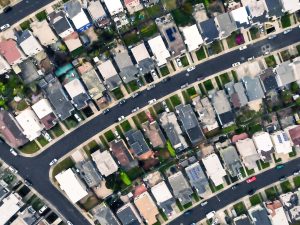
EUSI and Albedo Partner to Deliver 10 cm Resolution Satellite Imagery to Europe
It is our pleasure to announce the partnership with Albedo, a builder of high-performance spacecraft and the first satellite designed to operate commercially in VLEO (Very Low Earth Orbit). This partnership will bring the world’s highest resolution satellite imagery to the European and North African market.
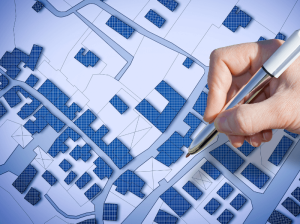
Updating the Land Parcel Identification Systems in 2025: The Benefits of Using Satellite Images
Agricultural paying agencies across Europe face increasing challenges in maintaining accurate and up-to-date Land Parcel Identification Systems (LPIS), ensuring compliance with the Common Agricultural Policy (CAP) and supporting sustainable agricultural practices.

EUSI Confirms Uninterrupted Satellite Imagery Support for Ukraine and European Security
With the successful launch of Maxar Intelligence’s second set of WorldView Legion satellites, European Space Imaging (EUSI) will soon offer up to eight daily collection opportunities in key latitudes across Europe and North Africa – a number that will increase after the final WorldView Legion satellites are launched and all six satellites are operational.







